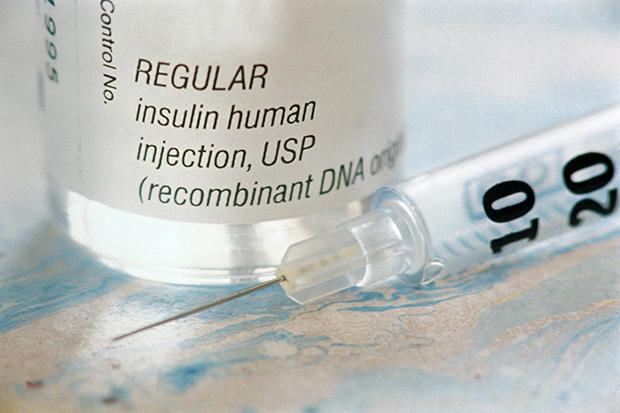There are several types of bariatric surgery, but the most common reduce the size of the stomach with a gastric band or through removal of a portion of the stomach (called sleeve gastrectomy), or resect and re-route the small intestine to a small stomach pouch (gastric bypass surgery).
"It's amazing, honestly," says lead investigator Philip Schauer, MD, director of the Cleveland Clinic Bariatric and Metabolic Institute of the results his team compiled. "We hesitate to use the word 'cure' because that means no more diabetes for the rest of one's life. Remission is more accurate; it means blood sugar is normal without medication. But it is still an almost unbelievable result."
Despite the risks and complications of bariatric surgery, it seems to extend life, according to results from the Swedish Obese Subjects (SOS), published in the Journal of the American Medical Association three years ago. The SOS followed 4047 obese people, half of whom had bariatric surgery, for a median of 14 years. Nearly twice as many people in the nonsurgical group had died by the study's end.

Bariatric surgery enables the body to become much more efficient at processing blood sugar, explains Roslin, and patients are able to greatly reduce their dependence on insulin. In some cases, they're able to go off the pricey drug altogether. Because diabetes is still one of the top 10 killers in America, this is big news. "A diabetes diagnosis means that your risk of developing heart disease and stroke rises to the same level as that of someone who has already had a heart attack," says Schauer. "You don't normally think of surgery as prevention, but in the case of someone with uncontrolled diabetes, it clearly is. It's heart disease prevention, death prevention."
Of course, like any operation, bariatric surgery carries risks of complications and even death. And post-surgery life is no picnic: Patients must eat much smaller meals several times a day and take vitamins to make up for deficiencies; they may also experience gastric pains and diarrhea. However, Schauer believes the risks of not intervening are just as serious: "If you stay morbidly obese—or even if you are simply mildly obese but have poorly controlled diabetes—you have a significantly higher risk of dying."
Then there's the expense. Schauer believes insurance carriers, bowing to pressure from all the large diabetes organizations, will begin to cover bariatric surgery for diabetes remission within the next year or two. In the meantime, however, he says the surgery runs about $25,000. "That's big," he says. "But bariatric surgery's benefits are beyond big. If it were me, I'd forgo the expensive car, and send my diabetes into remission. You can quote me on that—it's my absolute best advice."




